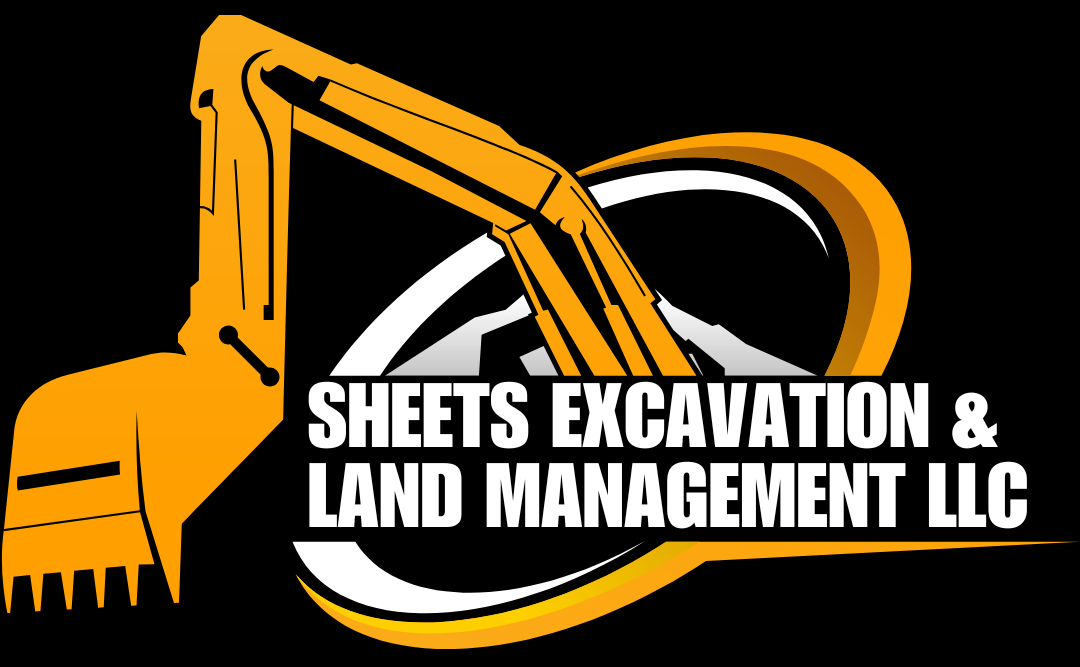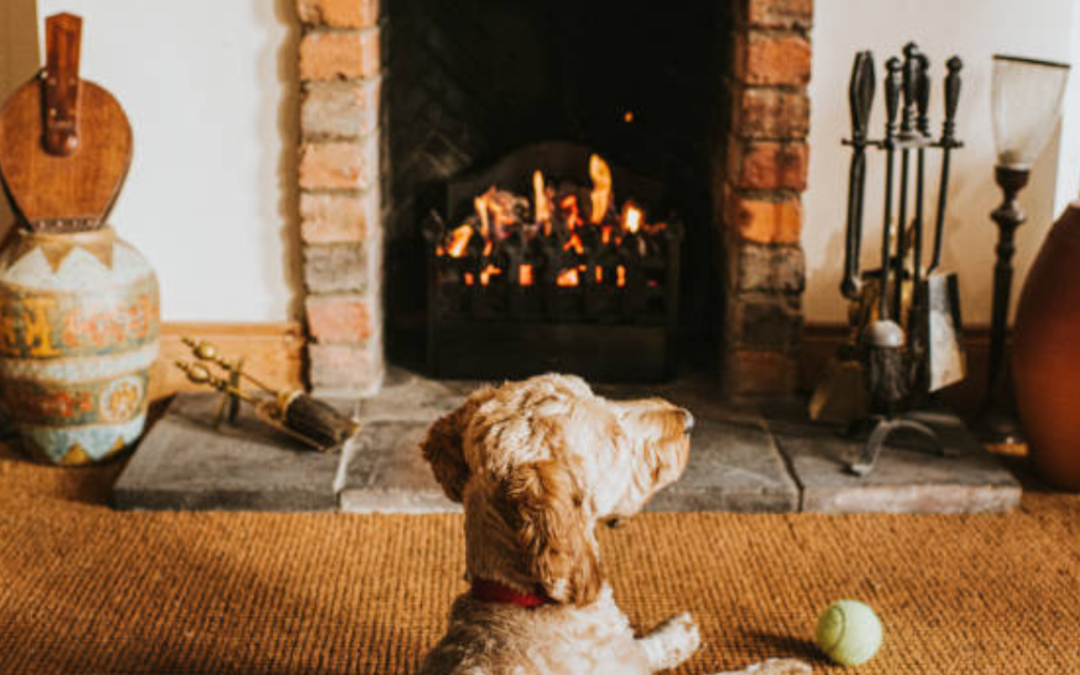Winter is the season when gas-powered systems work overtime to keep your home warm and functional. However, colder temperatures can lead to unique challenges with gas maintenance, potentially putting your comfort—and safety—at risk. Identifying and addressing common gas-related issues early can save you from costly repairs and ensure your home remains cozy during the cold months. Here’s what to watch for and how to stay ahead of potential problems.
Table of Contents
1. Frozen Gas Lines
What happens? When temperatures drop significantly, moisture in gas lines can freeze, blocking the flow of gas to your appliances.
Signs to look for:
- Sudden loss of heating.
- Gas-powered appliances failing to ignite.
- Unusual noises or reduced efficiency in your heating system.
How to prevent it:
- Insulate exposed gas lines.
- Ensure gas lines are free from cracks or leaks where moisture can enter.
- Schedule a pre-winter inspection with a professional contractor to identify and mitigate vulnerabilities.
2. Carbon Monoxide Leaks
What happens? Poorly maintained gas appliances or blocked vents can lead to the buildup of carbon monoxide—a colorless, odorless, and deadly gas.
Signs to look for:
- Weak or flickering pilot lights.
- Sooty residue around burners or vents.
- Family members experiencing headaches, dizziness, or nausea.
How to prevent it:
- Install carbon monoxide detectors in key areas of your home.
- Schedule annual maintenance for all gas appliances, including furnaces, water heaters, and stoves.
- Ensure all vents and flues are clear of snow and debris.
3. Pilot Light and Ignition Problems
What happens? Cold weather can cause pilot lights to go out or ignition systems to malfunction.
Signs to look for:
- Pilot light won’t stay lit.
- Gas appliances that take longer than usual to start.
How to prevent it:
- Regularly check and clean pilot light assemblies.
- Replace faulty ignition components during annual maintenance checks.
4. Blocked or Frozen Vents
What happens? Snow, ice, or debris can block your gas appliance vents, preventing exhaust gases from escaping and fresh air from entering.
Signs to look for:
- Appliances shutting off unexpectedly.
- Unusual smells or poor performance from gas systems.
How to prevent it:
- Keep exterior vents clear of snow and ice.
- Install vent covers to reduce the risk of blockage.
- Inspect vents regularly during snowy weather.
5. Increased Pressure on Gas Systems
What happens? Winter increases the demand on your gas systems, which can lead to wear and tear or failures.
Signs to look for:
- Uneven heating or fluctuating water temperatures.
- Gas bills spiking unexpectedly.
How to prevent it:
- Have your system professionally inspected to ensure it can handle the winter load.
- Replace old or worn-out components in advance.
Why Professional Maintenance Matters
While many gas maintenance issues can be prevented with regular care, attempting DIY repairs is risky and may violate local safety codes. Here’s why hiring professionals is essential:
- Safety First: Gas work requires expertise to avoid leaks and accidents.
- Efficient Solutions: Professionals can identify problems early and address them cost-effectively.
- Peace of Mind: Knowing your home is safe and your systems are optimized lets you enjoy the season stress-free.
Stay Warm and Safe This Winter with Professional Gas Maintenance
At Sheets Excavation & Land Management LLC, we specialize in gas installation and maintenance services that keep your systems running smoothly all winter long. From inspecting gas lines to troubleshooting heating issues, our team has the tools and expertise to ensure your home stays warm, safe, and efficient.
Call us today at (276) 706-6845 or visit our Google Maps listing to schedule your winter gas maintenance check. Don’t wait—ensure your home is prepared for the season ahead!

